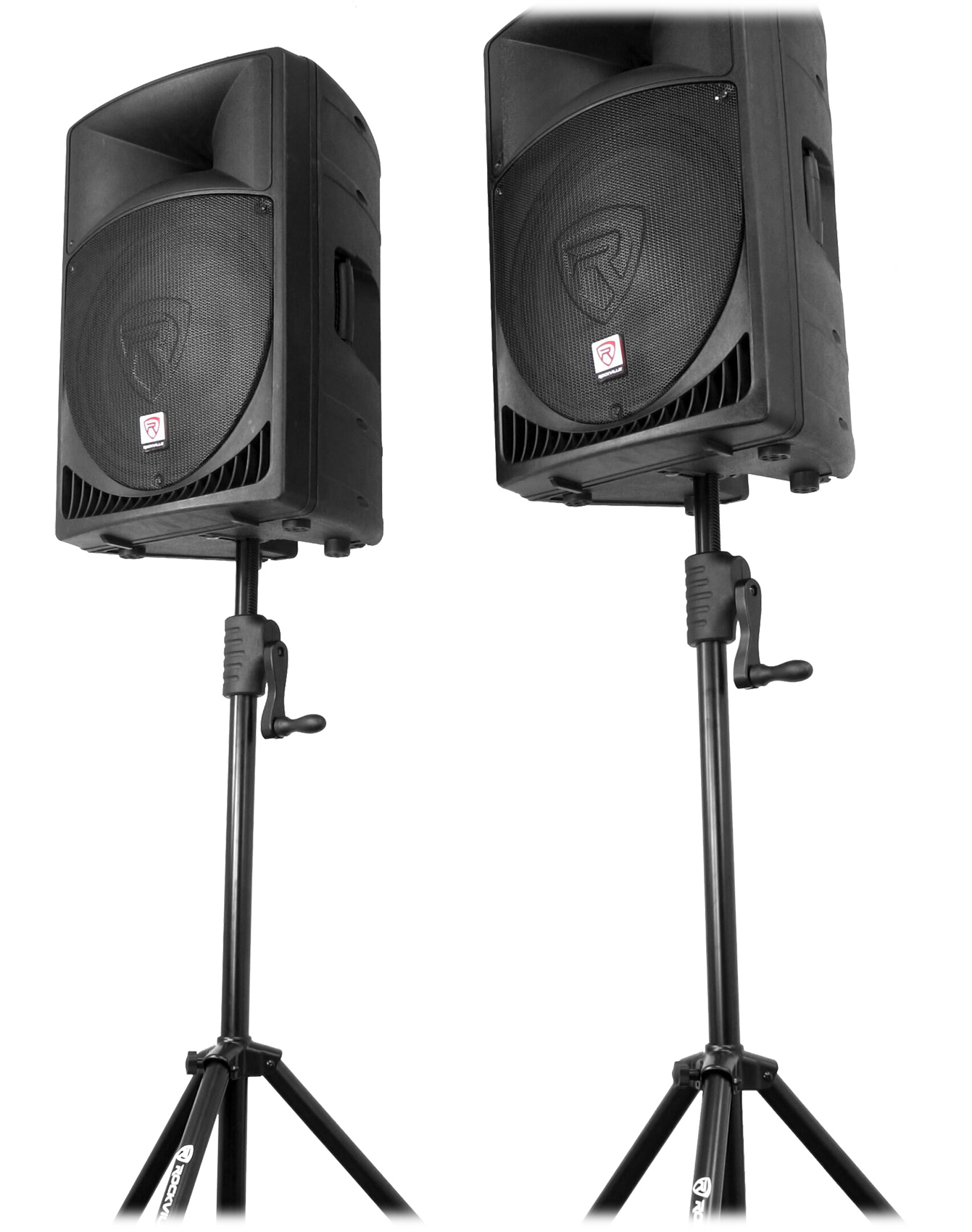Speakers are an essential component of any audio system, whether it's a home theater or a music system. The right speakers can make a significant difference in the sound quality of your system. However, with so many different types of speakers available, it can be challenging to know which ones are the best fit for your needs. In this article, we will explore the key factors to consider when choosing the right speakers for your audio system.
Speaker Type
The first factor to consider when choosing the right speakers for your audio system is the speaker type. There are several different types of speakers available, including bookshelf speakers, floor-standing speakers, in-wall speakers, and outdoor speakers. Each type of speaker has its own strengths and weaknesses, so it's important to choose the right type of speaker based on your specific needs. For example binoclu.com, bookshelf speakers are ideal for smaller rooms or spaces where space is limited, while floor-standing speakers are better suited for larger rooms where you need more power and volume.
Speaker Size
Another important factor to consider when choosing the right speakers for your audio system is the speaker size. The size of your speakers will directly impact the sound quality and volume that your system can produce. Generally, larger speakers will produce more powerful and fuller sound than smaller speakers. However, larger speakers may not be the best choice for smaller rooms or spaces with limited space.
Speaker Sensitivity
Speaker sensitivity is another critical factor to consider when choosing the right speakers for your audio system. Sensitivity refers to how much sound a speaker produces from a given amount of power. Higher sensitivity speakers require less power to produce the same volume of sound as lower sensitivity speakers. So, if you have a lower-powered amplifier or receiver, you'll want to choose speakers with higher sensitivity ratings.
Speaker Frequency Response
Speaker frequency response refers to the range of frequencies that a speaker can produce. The wider the frequency response of a speaker, the better it will be able to reproduce a wider range of audio frequencies. When choosing speakers, you should look for speakers with a frequency response that matches the types of audio you will be listening to.
Speaker Impedance
Speaker impedance refers to the amount of electrical resistance that a speaker presents to an amplifier or receiver. This resistance is measured in ohms. Most speakers have an impedance of 4, 6, or 8 ohms. When choosing speakers, you should choose speakers with an impedance that matches the output impedance of your amplifier or receiver. Mismatched impedance can cause distortion and other issues in your audio system.
Speaker Placement
Finally, speaker placement is an important factor to consider when choosing the right speakers for your audio system. The placement of your speakers can have a significant impact on the sound quality and overall performance of your system. In general, you should place your speakers at ear level and away from walls or other obstructions to get the best possible sound quality soundchoose.com.
In conclusion, choosing the right speakers for your audio system is critical to getting the best possible sound quality and performance from your system. When selecting speakers, you should consider the type of speaker, speaker size, sensitivity, frequency response, impedance, and speaker placement. By taking these factors into account, you can choose the right speakers for your specific needs and get the most out of your audio system.

No comments:
Post a Comment